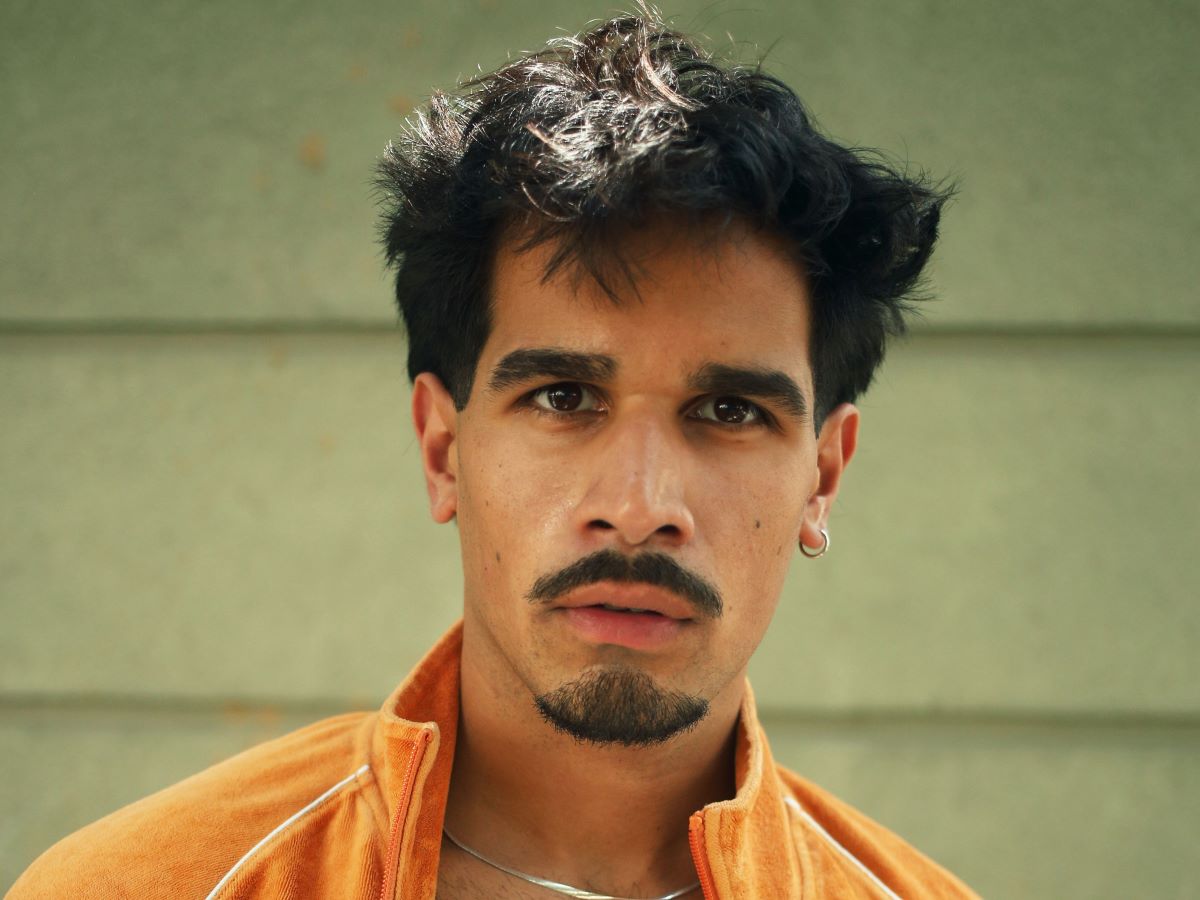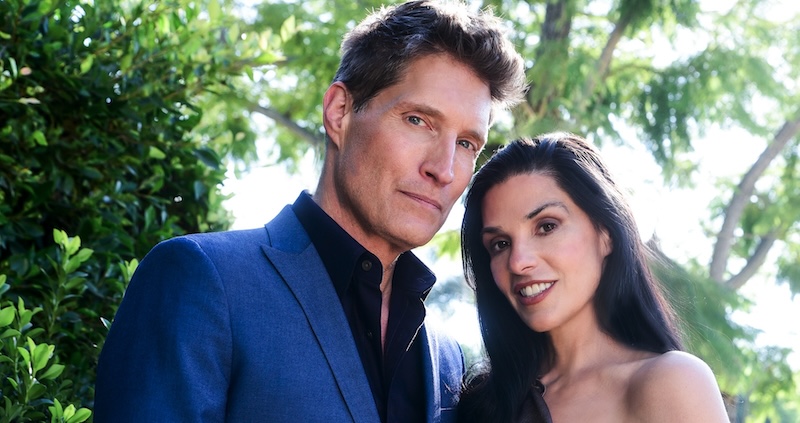A Complete Unknown film review
Timothee Chalamet stars as Bob Dylan in the season's highly anticipated biopic.
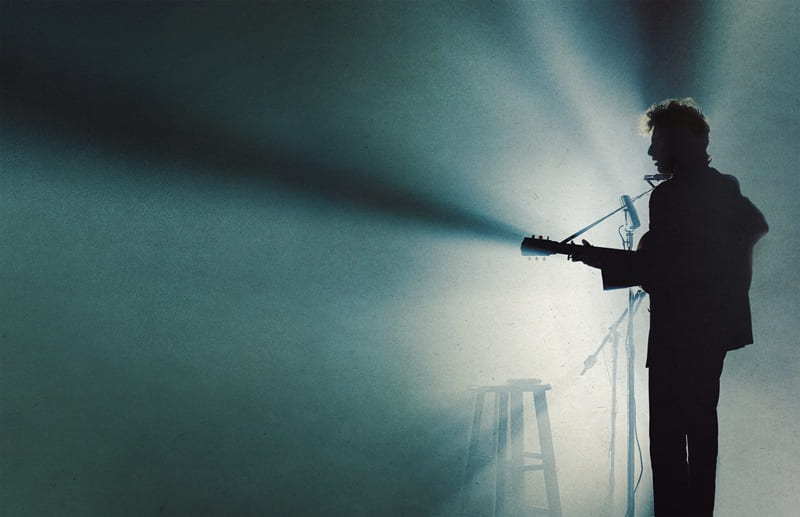
With the fire from music biopics still burning in vogue, director James Mangold chooses to fan the flames with his second serving of the sort since 2005’s Oscar-winning Walk the Line. Drawing a well-balanced lead performance from Timothee Chalamet, (Dune) the picture follows Bob Dylan, venturing through forests of folk, blues, and rock, stirring up reverence and fame with a style wise beyond his years, cloaked in mystique. Mangold’s tasteful approach to capture only four years of the icon’s career spares the pretentious ambition of the genre to squeeze a whole life into a couple hours.
This is the tale of an artist striving to create on his own terms, coloring outside the lines at each turn. An unimaginative opening strikes no contrast to other biopics, with a stale presentation of Dyan’s intro to the music scene amidst the transformative 1960’s. References to the Cuban Missile Crisis, Civil Rights activism, and the emergence of modern rock n’ roll should dock us in the times. Great costume design lets the characters appear tangible, but the same sentiment is less present when it comes to the era’s setting. Many scenes are indoors, failing to hold the essence of NYC in that period.
Edward’s Norton’s understated portrayal of Pete Seeger compliments everything, serving as Dylan’s welcoming bridge to the folk music world. Chalamet is at his best in the actual musical episodes, letting you forget any Tinsel Town tropes, however, contrived reactions by others to his talents hinder the bright spots. Our first taste of Joan Baez (Monica Barbaro, Top Gun: Maverick) is placidly cheesy, branding the lazy Hollywood treatment.
Standout performances can't shake a rehashed format
Dylan’s star begins to brighten while his relationship with girlfriend Sylvie (Elle Fanning, Maleficent) dims into the night, as his first appearance at The Newport Folk Festival nears. Here the film gets comfortable in its’ own skin and stops tracing a stencil. The stare that seizes his eyes before taking the stage is magnetic. Looking at peers Baez, Johnny Cash, (an unrecognizable Boyd Holbrook) and the crowd, he sees what has been, what is, and what he will make it be. Fittingly, he goes on to sing “The Times They Are A-Changin’”, christening his acescent.
Many close to Dylan come to question if he even knows who he is. During a spat, he tells Baez that people “remember what they want, they forget the rest”. And he may not completely know who he is, or where his voice belongs. But he doesn’t care, driven instead by how and where to use it.
All momentum builds to The Newport Folk Festival the following year, Dylan now undeniable in his success and firm in his uniqueness. Here, he and his musical cohorts decide to exhibit his new realm of exploration, playing electric. Functioning as a blasphemous “no-no” for the old timey festival organizers cemented in their ways, it also arrives as an unsettling signal to Pete Seeger of their friendship’s fading dynamic. The goosebumps this moment grew on my forearms wistfully disappeared as an opportunity for a rousing ending was squandered. Things drag longer than needed, sucking the juice out of what could have been a fruitful climax.
Chalamet deserves praise for his embodiment of the legend, doing the heavy lifting for the 2:20 duration. That can’t escape how the picture treats the viewer, spelling everything out like it’s your first time in a theatre. That aside, it will most likely wet the whistles of baby boomer audiences and classic rock fans, and maybe packs just enough punch to draw the interest of a younger generation less familiar with the enigmatic musician.
© All rights reserved
You Might Be Interested

Review of The Housemaid: Sydney Sweeney stars in new thriller
The Housemaid boasts shocking twists under a poker face, but shows its’ cards too early

Avatar: Fire and Ash review: James Cameron is back for box-office blood
The Oscar-winning filmmaker’s latest wrestles between mesmerizing optics and deep storytelling, tiring itself out.
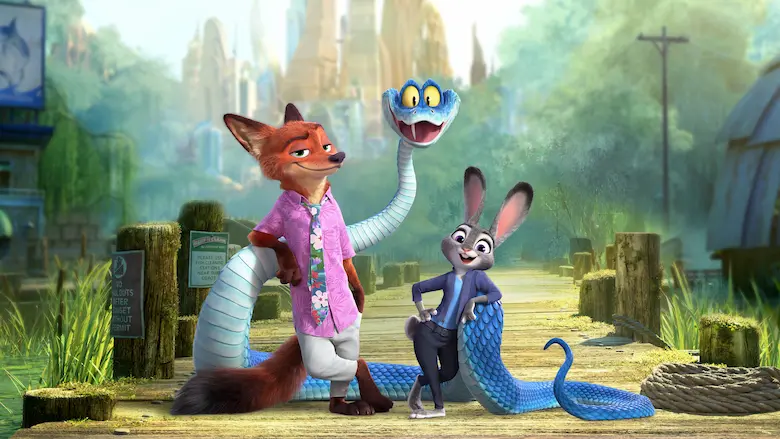
Zootopia 2 review: Disney Animation’s sequel pushes visual boundaries
Proving the first film was no one-trick pony, Disney grabs the bull by the horns for a second amusing animal adventure
-Bufo-(credit)-Max-Smeds.jpg)
Review of Shadowland, the documentary about Richard Stanley
Directed by Otso Tiainen, in competition at the Torino Film Festival
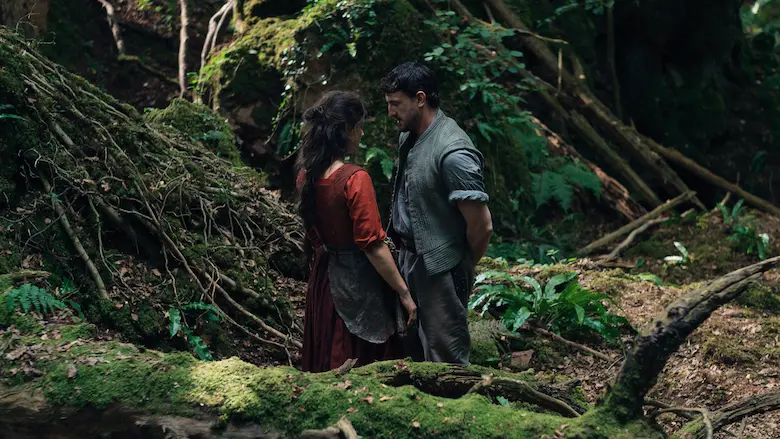
Hamnet review: Metamorphosis in the life of Shakespeare, with Paul Mescal, Jessie Buckley
To be or not to be; director Chloé Zhao answers yes with the story that conceived Shakespeare's seminal Hamlet

Movie review Running Man
The film is a remake of the 1980s cult classic starring Schwarzenegger.
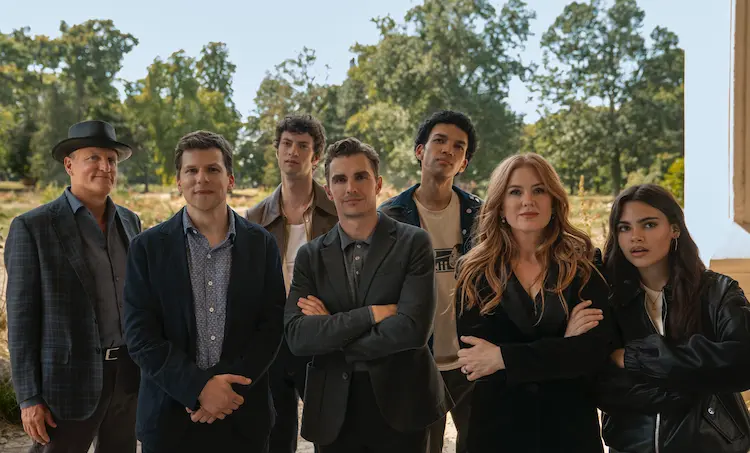
Now You See Me: Now You Don’t; The series’ latest struggles to spellbind
The next stage of the magical mavericks leans on humdrum hocus-pocus to pull Rabbit out a hat at the box-office
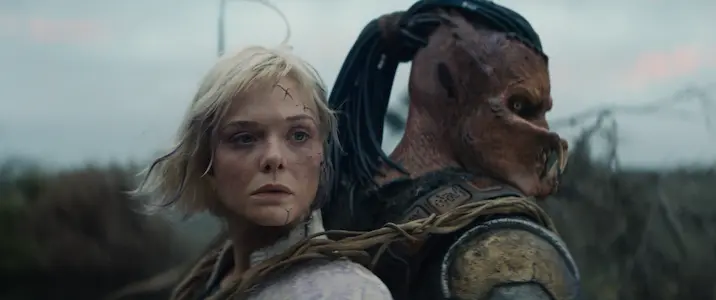
Predator: Badlands reshapes the genre classic in the new movie
A new angle on the unearthly huntsman hopes audiences “Get to the choppa!” and take it straight to the theatre


